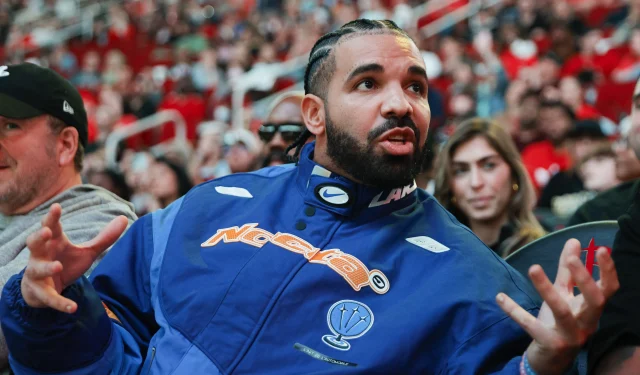Federal Judge Rules in Favor of Drake in Defamation Lawsuit Against UMG
A pivotal ruling was made by a federal judge on Wednesday, as she denied Universal Music Group’s (UMG) request to postpone the discovery phase in Drake’s ongoing defamation lawsuit regarding Kendrick Lamar’s contentious track, “Not Like Us.”This decision grants the “God’s Plan”artist’s legal team the ability to seek documents that UMG labeled as “highly commercially sensitive,” including Kendrick Lamar’s recording contract.
Judge’s Denial of UMG’s Request
In March, UMG had submitted a request to delay the discovery process, asserting that they had built a sufficient case to warrant a dismissal of Drake’s lawsuit. The company characterized Drake’s demands as an “undue burden.”However, Judge Jeannette Vargas rejected this notion during a court conference held in New York.
Details of the Discovery Request
Drake’s legal team has sought access to all contracts between UMG and Lamar, in addition to executive compensation details for Interscope’s Chief Executive Officer, John Janick, over the past five years. According to UMG, these documents are deemed “confidential, proprietary, and highly commercially sensitive,” and fulfilling Drake’s request would necessitate an extensive and costly examination of both physical and electronic records.
Implications of the Ruling
Although Drake’s team is now permitted to pursue these documents, it remains uncertain how many will actually be disclosed as the discovery process continues. Representatives from UMG have yet to respond to inquiries for comments on the ruling. However, Drake’s attorney, Mark Gottlieb, expressed anticipation in a statement to Variety, stating, “Now it’s time to see what UMG was so desperately trying to hide.”
The Background of the Lawsuit
The tensions escalated when Drake filed a lawsuit against UMG in January, accusing them of defamation for the release of Lamar’s “Not Like Us.”The controversial song, which includes a claim labeling Drake as a pedophile, became a massive hit in 2024, earning Grammy Awards for both Record of the Year and Song of the Year. Drake contends that UMG “approved, published and launched a campaign to create a viral hit” that falsely portrays him as a criminal.
UMG’s Response to the Suit
In defense, UMG filed a motion to dismiss, arguing that Drake was merely venting after losing a rap battle he instigated and participated in with Lamar. The company suggested that rather than confronting his defeat, Drake is misdirecting his frustration by suing his own label.
Next Steps in the Legal Proceedings
Oral arguments concerning UMG’s motion to dismiss are scheduled for June 30, as per Vargas’s order issued on Wednesday. As the legal developments unfold, the case may set significant precedents concerning contractual relations and the reputations of artists in the music industry.


